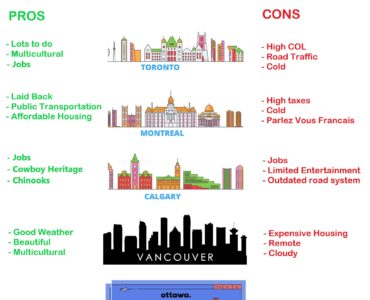Europe represents the third largest e-business market globally. As the second largest economy in Europe, the United Kingdom Brexit has created chaos in commercial exchanges and in particular in the e-business sector.
With the Brexit, the U.K. has lost all its commercial partners, including France. A negative effect on commercial exchanges was inevitable, but the e-business is continuing to suffer, with the customs duties, taxes on import and product compliance constraints with product regulations applicable from other counties, resulting in a rise in the product’s price. With higher prices for the same product before and after Brexit, the UK has become much less attractive for the foreign consumer.
New VAT obligations
With the Brexit, the EU retailers seeking to sell in the UK must subscribe to a new VAT regime, with formalities similar to those applied in China or in the United States. Accordingly, several websites include a mention stating that they no longer deliver to the UK.
A focus on an industry heavily affected by Brexit – hotel and tourism
UK Tourism is affected by Brexit and more particularly, UK hotels are suffering from Brexit. Several hotels in Great Britain and Europe have been forced to close, resulting in a significant economic crisis for the economy and employment in this sector, which prior to Brexit, was a thriving industry.

The costs and supplementary constraints in terms of entry and exit to Britain are evident deterrents for British hotels. The entrance procedures at customs have become so restrictive requiring visas and passport controls being reinforced. A considerable period of time is spent in queues at the border controls. Tourists are now less inclined to visit Britain. Britain’s reputation has been tarnished.
With reduced demand and onerous personnel costs, salaries, premises and maintenance charges, many British hotels have been required to close since the departure of the UK from the EU.
The Pound sterling – its role in saving Britain
The decreased value of the pound Sterling has saved Britain. The value of the pound sterling is much lower since Brexit, making the tourist industry more appealing for foreigners. Yet the customs’ restrictions have become so burdensome that tourists are less and less inclined to travel to the UK. Additionally, tourism in the COVID-19 era has slowed down considerably.
The hotels are required to pay higher labor costs…
It is well-established that the hotels in the United Kingdom tend to have recourse to employees outside of the EU to reduce their costs. It is frequent in London hotels to see employees from across the globe often speaking several languages, except English! Yet, since Brexit, such flow of immigrant workers has declined. UK hotels have increased the wages to pay its employees, resulting in a significant increase in client rates.
The co-working, “office space” rented in hotels, to host office workers
The hotel industry may try to become more attractive by modifying their space into co-working areas for employee remote working. This is a convivial option and profitable in terms of turnover. Hotel office space as a sustainable solution for hotel turnover growth is now being experimented across the UK.
About the Author

Jane Kochanski is a French-English legal translator, certified by the Paris Court of Appeals. Jane also provides legal English courses for French speaking lawyers.



